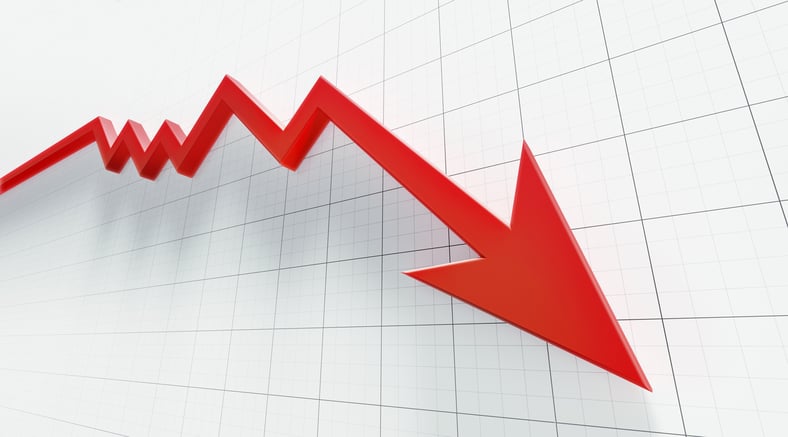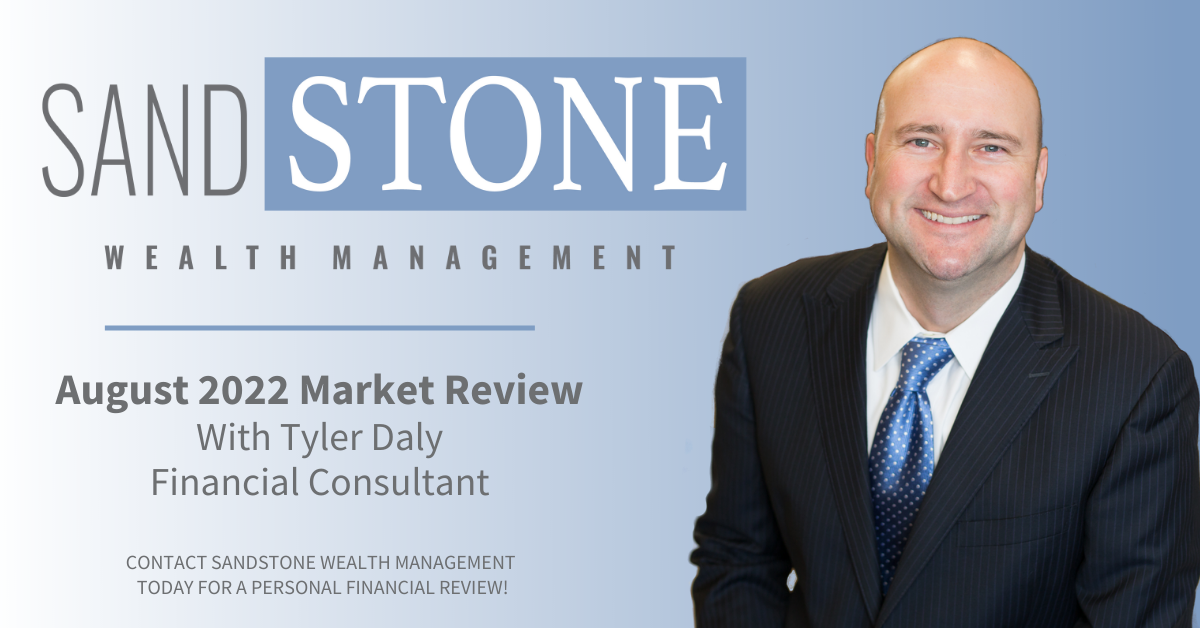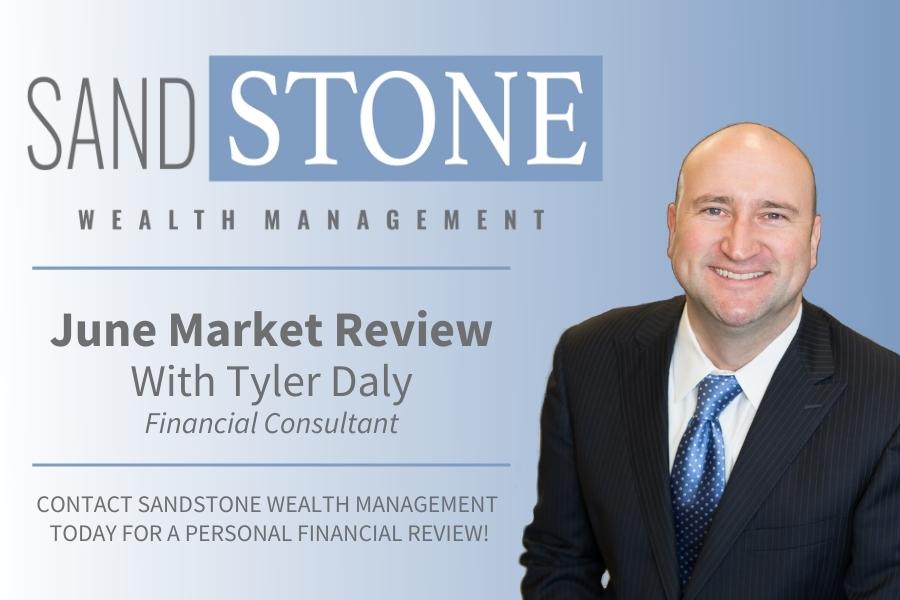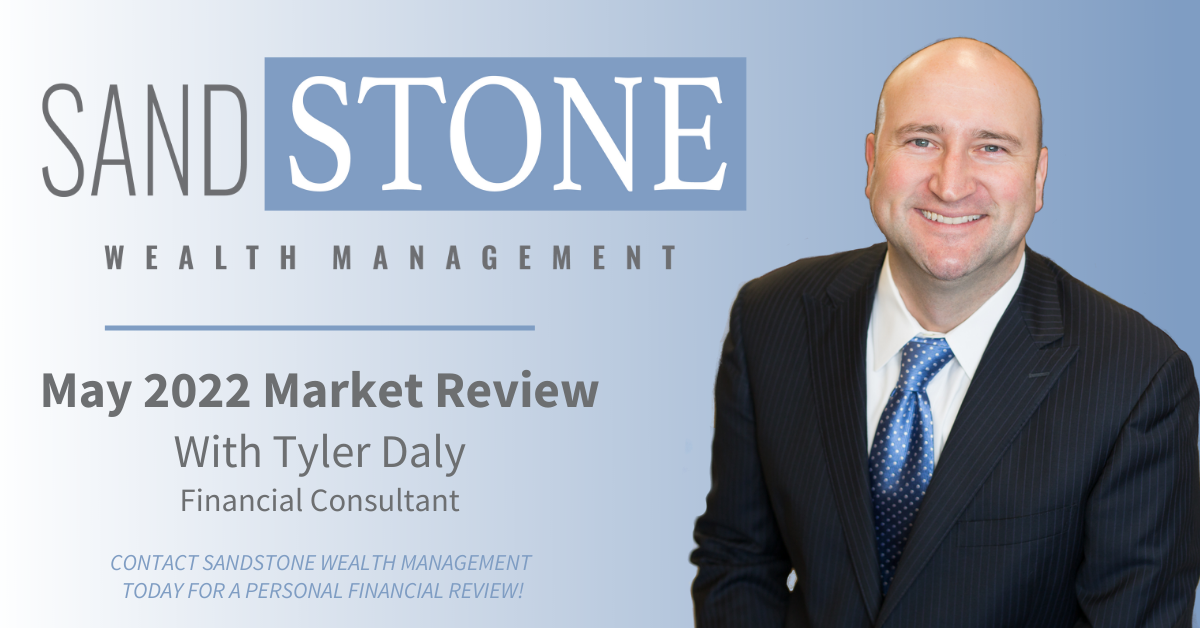
In a highly anticipated move, the Federal Reserve (the Fed) lowered short-term interest rates by 0.25% at Wednesday’s policy meeting and left the door open for future cuts, shares Raymond James Chief Investment Officer Larry Adam. The mid-cycle adjustment was taken to insure against the downside risks surrounding trade policy, to offset the impact of slower global growth and to move inflation toward the Fed’s goal, reports Raymond James Chief Economist Scott Brown. U.S. growth should still advance at a moderate pace in the second half of 2019, although slower than in recent quarters, says Brown.
As trade disputes continue, Washington Policy Analyst Ed Mills believes President Trump may threaten to devalue the U.S. dollar in an attempt to enhance its competitiveness relative to other currencies, particularly the yuan and euro. His decision will likely be influenced by the direction of trade negotiations with China and the European Union, any easing by the European Central Bank (ECB), as well as the Fed’s rate policy decisions through the end of the year, explains Mills.
The S&P 500 is off to its best start to the year since 1996, shares Adam, and all major indices (i.e., Dow Jones Industrials, S&P 500, NASDAQ) reached new record highs in July. Primary catalysts for the recent positive momentum have been a better than expected earnings season and dovish global central bank policy.
The month ended positively for the S&P 500 (1.31%), Dow Jones Industrial Average (+0.99%), NASDAQ (+2.11%) and the Russell 2000 Index (+0.51%).
|
|
12/31/18 Close |
7/31/19 Close |
Change |
% Gain/Loss Year to Date |
|
|
DJIA |
23,327.46 |
26,864.27 |
+3,536.81 |
+15.16% |
|
|
NASDAQ |
6,635.28 |
8,175.42 |
+1,540.14 |
+23.21% |
|
|
S&P 500 |
2,506.85 |
2,980.38 |
+473.53 |
+18.89% |
|
|
MSCI EAFE |
1,719.94 |
1,899.97 |
+180.03 |
+10.47% |
|
|
Russell 2000 |
1,348.56 |
1,574.61 |
+226.05 |
+16.76% |
|
|
Bloomberg Barclays Aggregate Bond |
2,046.60 |
2,173.33 |
+126.73 |
+6.19% |
|
|
|
Performance reflects price returns as of 4:00 p.m. ET on July 31, 2019 |
||||
Here is a look at what’s happening in the markets both here and abroad, as well as key factors we are watching:
Economy
- The May 10 increase in tariffs on Chinese goods appears to be slowing overall growth somewhat, says Brown. Supply chains have been disrupted and trade policy uncertainty has been a negative factor for capital spending.
- He notes that the U.S. economy advanced at a moderate pace in the second quarter, although activity was mixed. Consumer spending growth rebounded, supported by continued job gains and wage growth. Business fixed investment declined, with weakness in business structures (including energy exploration) and in transportation equipment, which reflects problems at Boeing.
Equities
- Short-term momentum remains solid, report Michael Gibbs, managing director of Equity Portfolio & Technical Strategy, and Joey Madere, senior portfolio strategist, Equity Portfolio & Technical Strategy, supported by improvement in cyclical sectors such as semiconductors, transports and banks.
- Madere and Gibbs recommend selectively adding to equity portfolios with a focus on accumulating stocks showing fundamental and technical momentum after reporting earnings.
Fixed income
- Treasury prices fell slightly for the month resulting in somewhat higher yields across most of the Treasury curve, reports Doug Drabik, senior fixed income strategist. He adds that the 10-year Treasury remained inverted compared to shorter-term Treasury bills (six months and shorter).
- While investors may be tempted to remain very short in duration due to the flat yield curve and low interest rates, Drabik reminds that longer duration bonds are more negatively correlated to stocks and other growth assets and could provide a better hedge to portfolios weighted heavier in those assets.
- While during low interest rate periods, alternatives to individual bonds are often shown as income substitutes, he believes restrained investing is necessary.
International
- Overall, valuations in the equity markets outside of the United States remain lower and typically offer higher dividend yields, too – a diversification opportunity for investors over time, explains European Strategist Chris Bailey. This could change with a deterioration in either global trade talks or regional matters, such as Brexit.
- The British pound fell to a new two-year low against the dollar in July, reflecting enhanced concerns over new U.K. Prime Minister Boris Johnson’s “no deal” stance, says Bailey, although further negotiations could follow.
- The European Central Bank (ECB) left Eurozone monetary policy unchanged despite further evidence of a deepening local slowdown. However, ECB Chief Mario Draghi has signaled that the central bank would use whatever tools necessary to shore up the Eurozone economy amid increasing headwinds, shares Adam.
- July saw a near three-decade low in Chinese economic growth. While the government has shrugged off the slump, authorities did seem more troubled this month by political instability in Hong Kong, Bailey reports. Further, trade talks between China and the U.S. resumed Tuesday, however President Trump has made comments suggesting a deal is unlikely before 2020.
- Diplomatic relations have tensed between Japan and South Korea due to long-held differences on the former’s Second World War actions and lack of apology, Bailey noted.
Bottom line
- As trade negotiations and global affairs progress, we’ll be keeping an eye out for movements that might particularly affect investors and their financial plans.
- There are opportunities for diversification in global equity markets, thanks to lower valuation and typically higher dividend yields, and Madere and Gibbs recommend keeping an eye on earnings reports to put cash to use by selectively adding fundamentally sound stocks to your portfolio. With a positive intermediate-term market backdrop, they would also use any normal pullbacks as buying opportunities more broadly.
- Drabik recommends higher-quality credits, as yield variances between credit ranks are narrowing. Narrow yield differences between fixed income sectors allow investors to upgrade within a portfolio, swapping weaker credits for stronger ones, he explains.
Please let me know if you have any questions about recent market events or how to position your long-term financial plan for the months ahead. I look forward to speaking with you.

Tyler has been in the financial services industry since 2004 and with Sandstone Wealth Management and Heartland Bank since 2009. He is Series 7, 66 and Insurance licensed to assist his clients with all their investing, financial planning, and insurance needs. Tyler was recently named to the Forbes List of America's Top Next-Generation Wealth Advisor, which recognizes advisors from national, regional, and independent firms. Tyler graduated from the University of Nebraska-Lincoln with a Bachelor’s Degree in Diversified Agriculture and was born and raised in the Nebraska Sandhills. This gives him an intimate knowledge and understanding of his farming and ranching clients. Tyler is married to Rachel, who earned her Doctorate of Pharmacy from the University of Nebraska. They have two children, Camilla and Cooper. Away from business, he enjoys officiating high school basketball in the winter as well as golfing and team roping in the summer.


.png)

.jpg)

.jpg)

.png)



